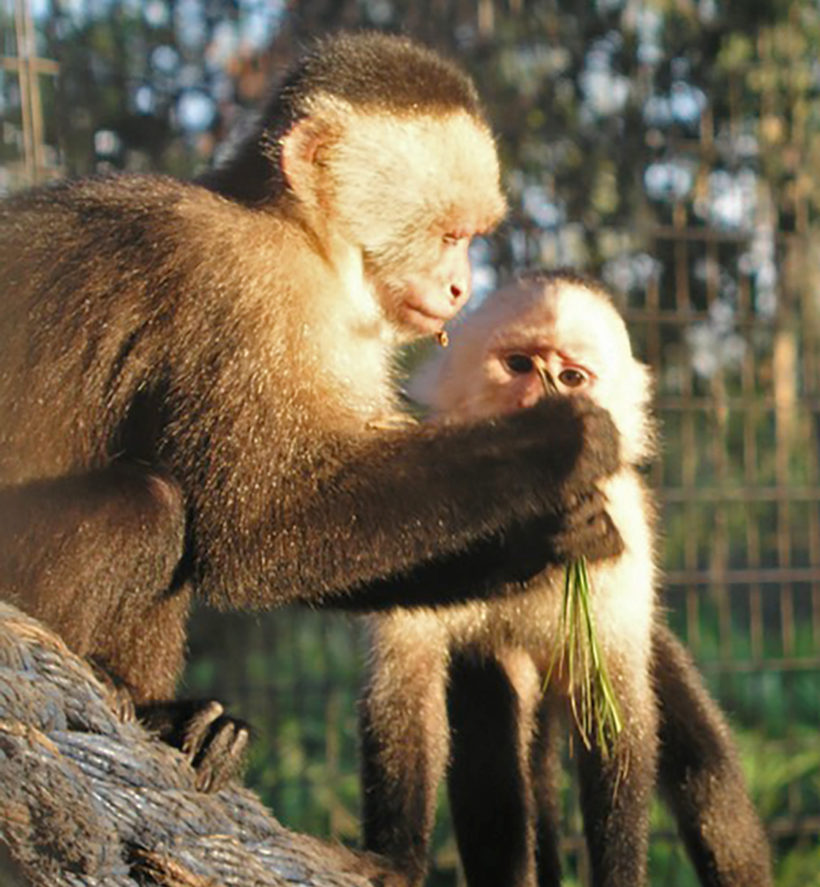At Forest Animal Rescue, the well-being of the animals always comes first.
Sanctuaries across America are fielding more appeals than ever before to take in animals from failing or closing attractions and other facilities. These animals include exotics such as big cats. The appeals are coming, in part, as a result of changing laws and mindsets in the wake of the airing of the Tiger King true crime documentary television series about a former zookeeper and convicted felon.
 As a true accredited sanctuary, the intake of an animal by Forest Animal Rescue in Silver Springs means providing a lifetime of care for those that are non-releasable, such as their resident tigers, African servals, bears, wolves, spider monkeys, capuchins, bats, tortoises and lemurs.
As a true accredited sanctuary, the intake of an animal by Forest Animal Rescue in Silver Springs means providing a lifetime of care for those that are non-releasable, such as their resident tigers, African servals, bears, wolves, spider monkeys, capuchins, bats, tortoises and lemurs.
A true sanctuary is defined as a place of refuge where injured, confiscated or abandoned captive wildlife may live in peace and dignity for the remainder of their lives.
“As a true sanctuary, our concern for the well-being of the animals will always come first,” shares Vice President and Co-Founder Lisa Stoner. “This includes protection from further victimization, a no-breeding policy and high-quality care.”
Forest Animal Rescue also rehabilitates and releases wild black bears.
 “And now,” Stoner adds, “sanctuaries like ours are getting requests about taking in 200 to 400 animals at a time. This is because entire facilities are closing down. When we choose to accept an animal, it’s a commitment to a lifetime of care. It’s a major financial commitment. We have to be careful to not take in more animals than we can care for.”
“And now,” Stoner adds, “sanctuaries like ours are getting requests about taking in 200 to 400 animals at a time. This is because entire facilities are closing down. When we choose to accept an animal, it’s a commitment to a lifetime of care. It’s a major financial commitment. We have to be careful to not take in more animals than we can care for.”
Stoner shares that the pandemic also has had a huge impact on sanctuaries, especially in terms of donations and volunteers. And, while the restrictions on accepting volunteers to help provide for the animals has eased, the need for financial support is greater than ever.
“I like to say, ‘Just buy the animals a cup of coffee,’” Stoner offers. “That money you spend at Starbucks every week, just donate part of it once a month. Ongoing perpetual giving is one important way to help sustain our efforts.”
“In a typical year, we must raise $300,000 to fill the gap in funding for animal care. This is not a typical year,” Stoner explains. “The animals need us, and we need financial support to help us help them.”
For more information or to make a donation, go to forestanimalrescue.org.







